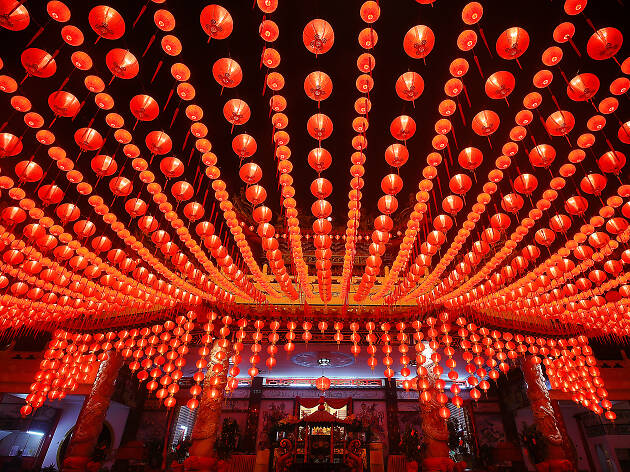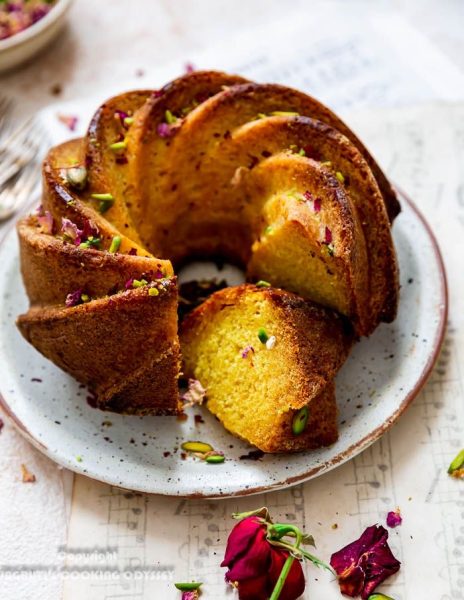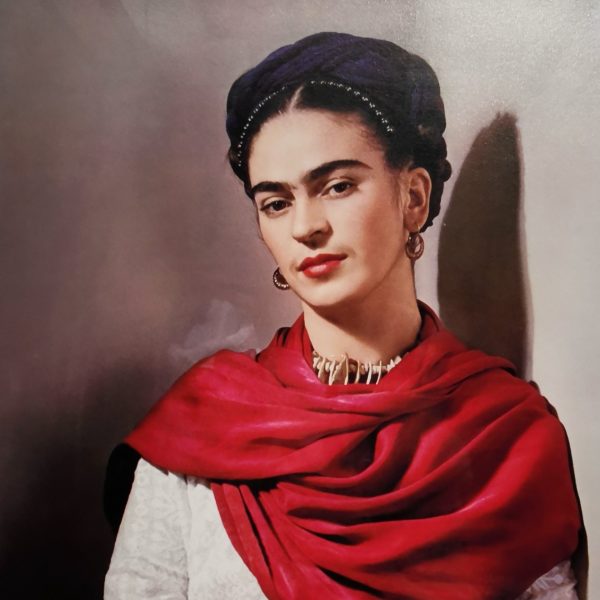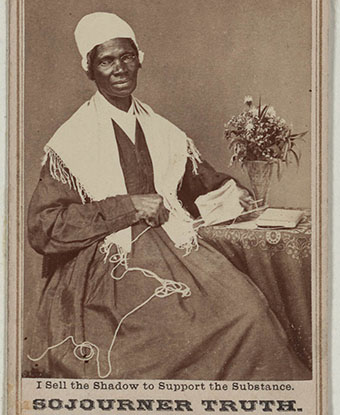Happy Lunar New Year!
Happy Lunar New Year to all those who celebrate! This year’s Lunar New Year started on February 12th and will be celebrated by more than 1.5 billion people worldwide until February 26th, with the Lantern Festival closing off the celebrations. This specific year, 2021, is the year of the ox (Chinese zodiac sign) and is estimated to bring stability and economic prosperity, which is something that we all need, especially now. To find out a little more about the traditions and celebrations of Lunar New year, continue reading!
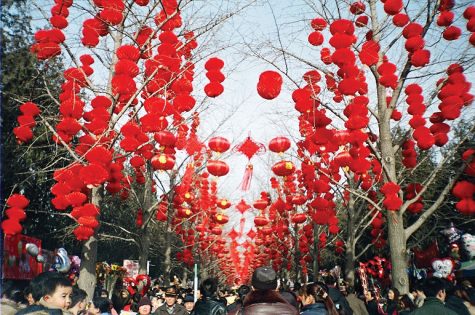
Lunar New Year is marked by the first new moon on the lunisolar calendars, which is controlled by the cycles of the moon and sun. The new year is exactly 12 cycles of the moon, which roughly translates into 354 days. It is mostly celebrated by East Asians who refer to it in many different ways. Vietnamese individuals refer to it as Tết and Tibetan individuals refer to it as Losar. In America, it is largely referred to as Chinese New Year, due to the large Chinese-American population. Some even call it the Spring Festival!
The celebrations usually begin with a large family feast full of foods associated with the Lunar New Year. Some of these foods are nian gao (rice cake), whole fish, whole chicken, dumplings, braised shiitake mushrooms, tangerines, sweets, jujube, spring rolls, etc. All of these foods reflect the themes of Lunar New Year, which are fortune, happiness, and health and are thought to ensure that prosperity carries over to the new year.
The main themes of the Lunar New Year are, again, fortune, happiness, and health, which are the backbone of all the traditions. Here are some of the biggest Lunar New Year Traditions!
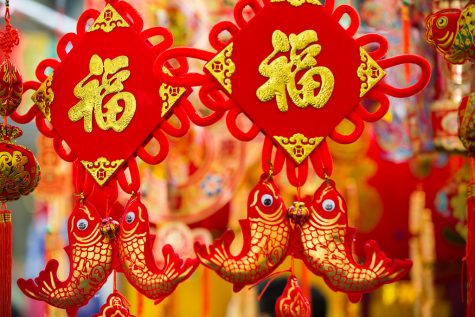
1. Upside-down fu characters!
A square piece of red paper is hung upside down in a diamond shape. The Chinese character: 福, or fú, is written on the paper. Fú translates directly into good luck. The Chinese word for upside down is a homophone for “to arrive”. So put together, it means good luck is arriving!
2. Red pockets (envelopes) with money!
Red envelopes, or lì xì (Vietnamese) or hóngbāo (Mandarin), are traditionally gifted from elders to unmarried individuals. This tradition originates from a past tradition of using coins to ward off evil spirits.
3. Firecrackers/Fireworks!
Fireworks are used to light up the night as individuals celebrate this beautiful festival! Fireworks were originally used to ward off an ancient monster, Nian.
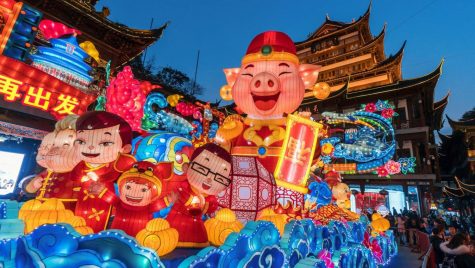
4. The Lion and Dragon Dance!
The Lion and Dragon Dance are a well-known essential of the Lunar New Year Parade! The Lion Dance is composed of two performers inside a lion costume operating as the front and back legs of the lion. This is considered a method to ward off evil spirits as well as an opportunity to feed the lion with red envelopes! The Dragon Dance is composed of individuals holding poles in order to control the dragon and make it move in a flowing motion.
Here are some taboos and superstitions believed to bring good luck in the New Year as well as some things to avoid!
- You should only talk about good or happy things in order to ensure your happiness in the New Year. Be sure to avoid crying or arguing with others!
- All debts should be paid back before the Lunar New Year commences for great prosperity and fortune in the upcoming year.
- Put those scissors away! Don’t cut anything, especially hair.
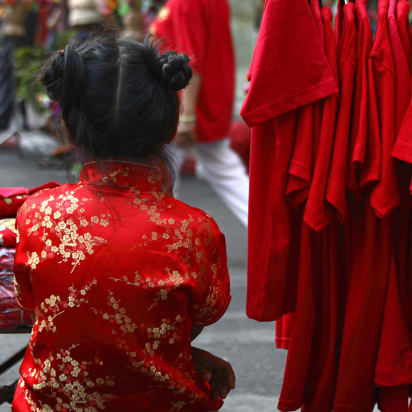
- Red is the color! Red is encouraged to be apart of every aspect of your outfit as they are analogous to happiness and fortune. Wearing the colors, white and black, is looked down upon so focus on the r in ROYGBIV!
- Two common water-related activities shouldn’t be done at the first two days of the Lunar New Year, which coincide with the birthday of Shuishen, 水神, the water God. One is related to clothes and the other hair. Did you guess the activities? They are washing your hair and doing laundry! It is thought that washing your hair will wash your good fortune away (the opposite of what we want to do at the start of the New Year).
I hope you learned a little more about Lunar New Year and gained a greater appreciation for East Asian culture. Lunar New Year is celebrated globally, so some things may apply and some may not based on the region. Remember to be respectful and wish those celebrating a happy Lunar New Year. As always Knights, don’t forget to strive for the impossible and be extraordinary!
Citations:
Vincenty, Samantha. “The Lunar New Year’s Traditions and Superstitions, Explained.” Oprah Magazine, 4 Feb. 2021, www.oprahmag.com/life/a34892893/what-is-lunar-new-year-festival/.
